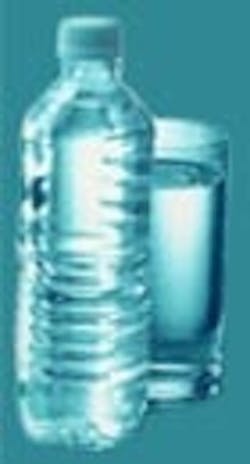Proposed Legislation in Arizona Could End Price Gouging During Emergency
Attorney General Terry Goddard and Arizona lawmakers are using the recent gasoline price hike in the state to springboard legislation that would put a cap on prices for items such as bottled water during an emergency. Although, he admitted, the recent gasoline demand in Arizona, which raised prices anywhere from $2 to $4 for a gallon of regular, may not have been considered the "right type" of emergency, the legislation could target these goods during such events as tornadoes or even the recent blackout that struck the Northeast.
The blackout had drastically increased the demand for such supplies as bottled water including in states such as Ohio, Michigan and New York.
Goddard stated in an article in the Arizona Daily Sun that "there is a need for some limits on what wholesaler's and retailers charge when a natural or artificial disaster makes products scarce."
Goddard's news conference to promote the idea of the legislation failed to report any specific plans or ideas.
In Arizona last week, the demand for gasoline spiked, consumers were not able to price-shop due to the perceived "shortage," so some retailers may have been "gouging." For instance, there have been reports of retailers only allowing the purchase of gasoline with a car wash are part of what is driving the legislation to protect consumers.
Goddard stated that any legislation passed should focus on more than just the gasoline market. The price-gouging legislation could potentially affect everything from bottled water to plywood to gasoline.
Currently, states such as California and Arkansas offer the consumer some protection. California limits price hikes of no more than 10 percent during an emergency and specifically cites food, medical supplies, gasoline and other emergency services. Arkansas, although vague, states that there can be no "unfair" price hikes during an emergency, and it covers all commodities.
Some people such as Representative Clancy Jayne, don't believe such legislation would pass in the state. Jayne, however, admitted that some sort of "firewall" should be in place to protect the consumer.
Source: Arizona Daily Sun
